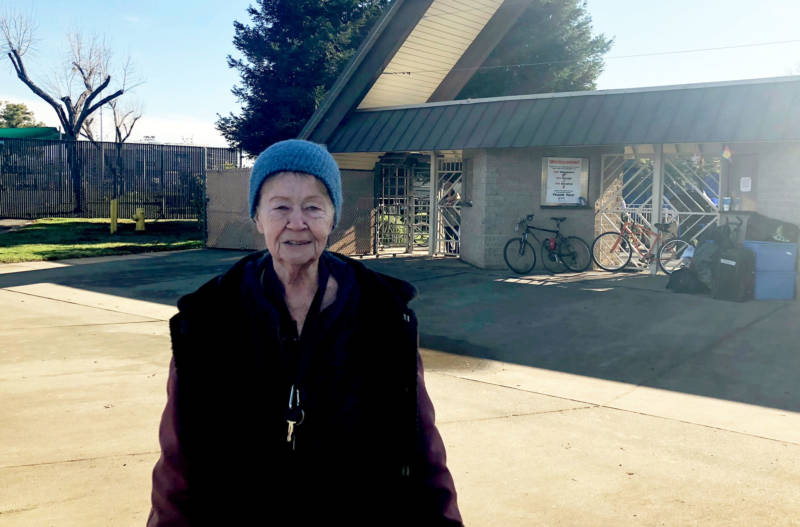Hundreds of victims of California's deadliest wildfire have been worried about whether they will have a roof over their heads in the coming weeks.
More than two months since the Camp Fire erupted in Butte County on Nov. 8, there is one remaining shelter in Chico — and the contract ends at the end of this month.
The Silver Dollar fairgrounds at the southern end of Chico is currently serving as a shelter for more than 600 Camp Fire survivors. Nearly 14,000 homes were lost in the blaze that took at least 86 lives.
The shelter at the fairgrounds, owned by the state of California, is operated by the American Red Cross and has trailers and a dormitory to house the evacuees. In order to keep the shelter up and running, the Red Cross has been in negotiations with the fairgrounds' management to extend the contract so evacuees can continue to use the facilities.
One evacuee is Jerillyn Ramsey, 73. She is worried that negotiations to extend the lease for the shelter could fall through. Ramsey's home in Paradise burned to the ground during the fires and she has no place to go.
"Basically, I would probably have to live in a tent with homeless people or on the street," Ramsey said. "I'm a senior. I don't know really what I would do ... live in my car?"
